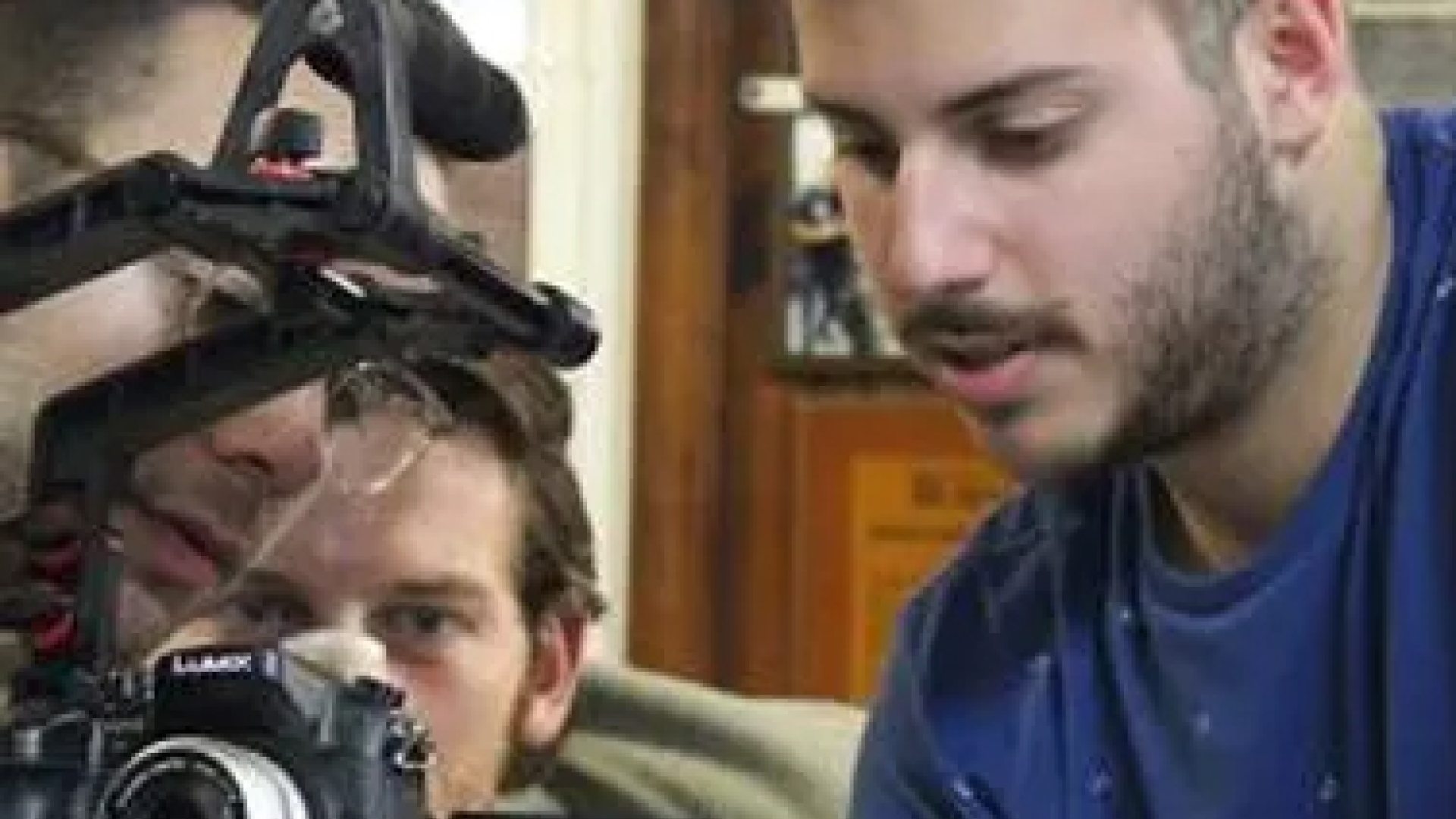Theory, Practice, Collaboration
The Department of Cinema & Screen Studies (CSS) is committed to fully integrating theory and practice in pursuit of what we call "critical filmmaking." We believe that for young filmmakers to develop their own voice and vision, they need to study the history, form and cultural power of cinema. We also believe that any criticism or analysis of films should be informed by a true understanding of what it takes to make a film. We also believe that collaboration is a core skill that students need for success in the contemporary world no matter what field they choose to pursue.
